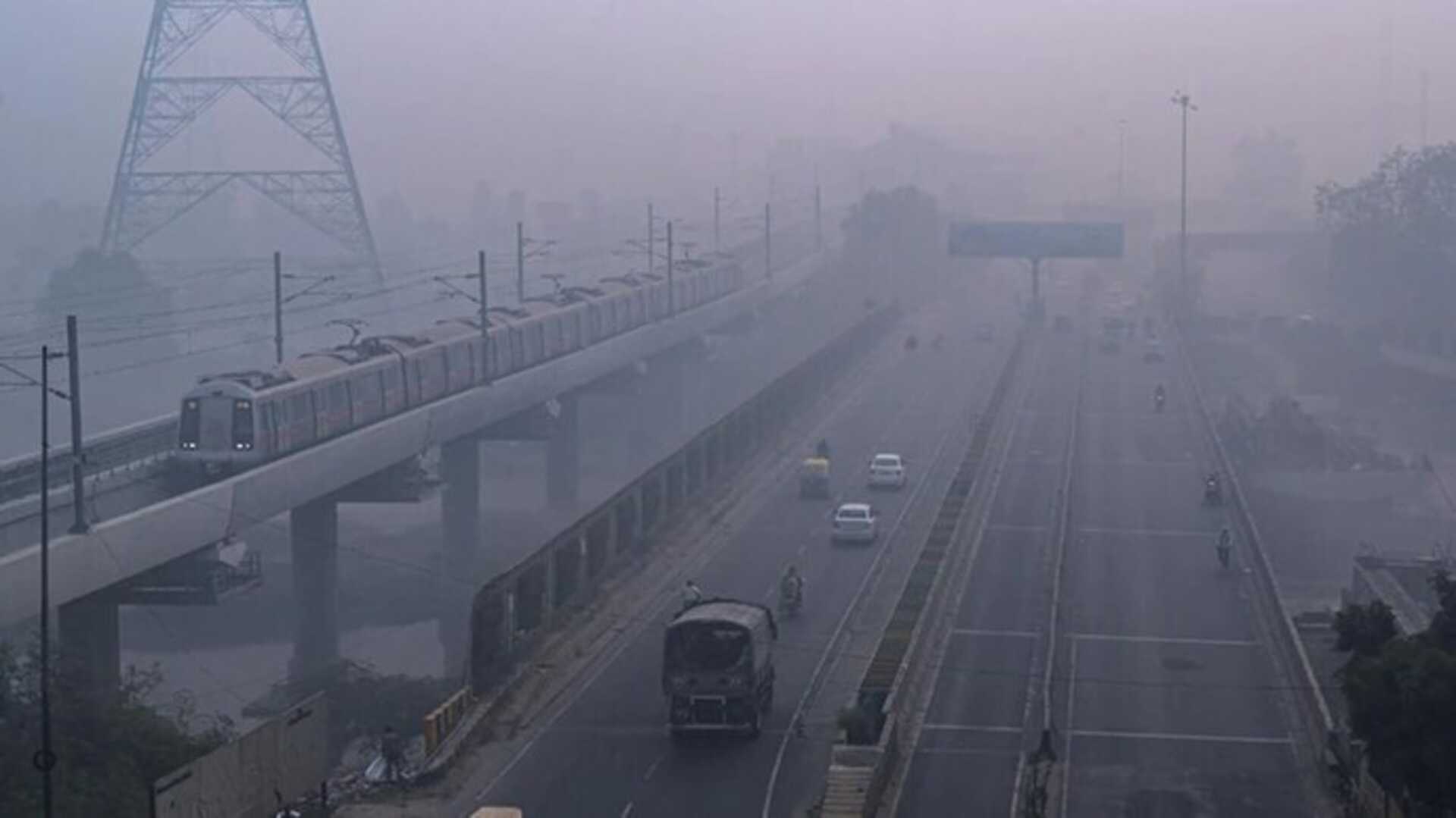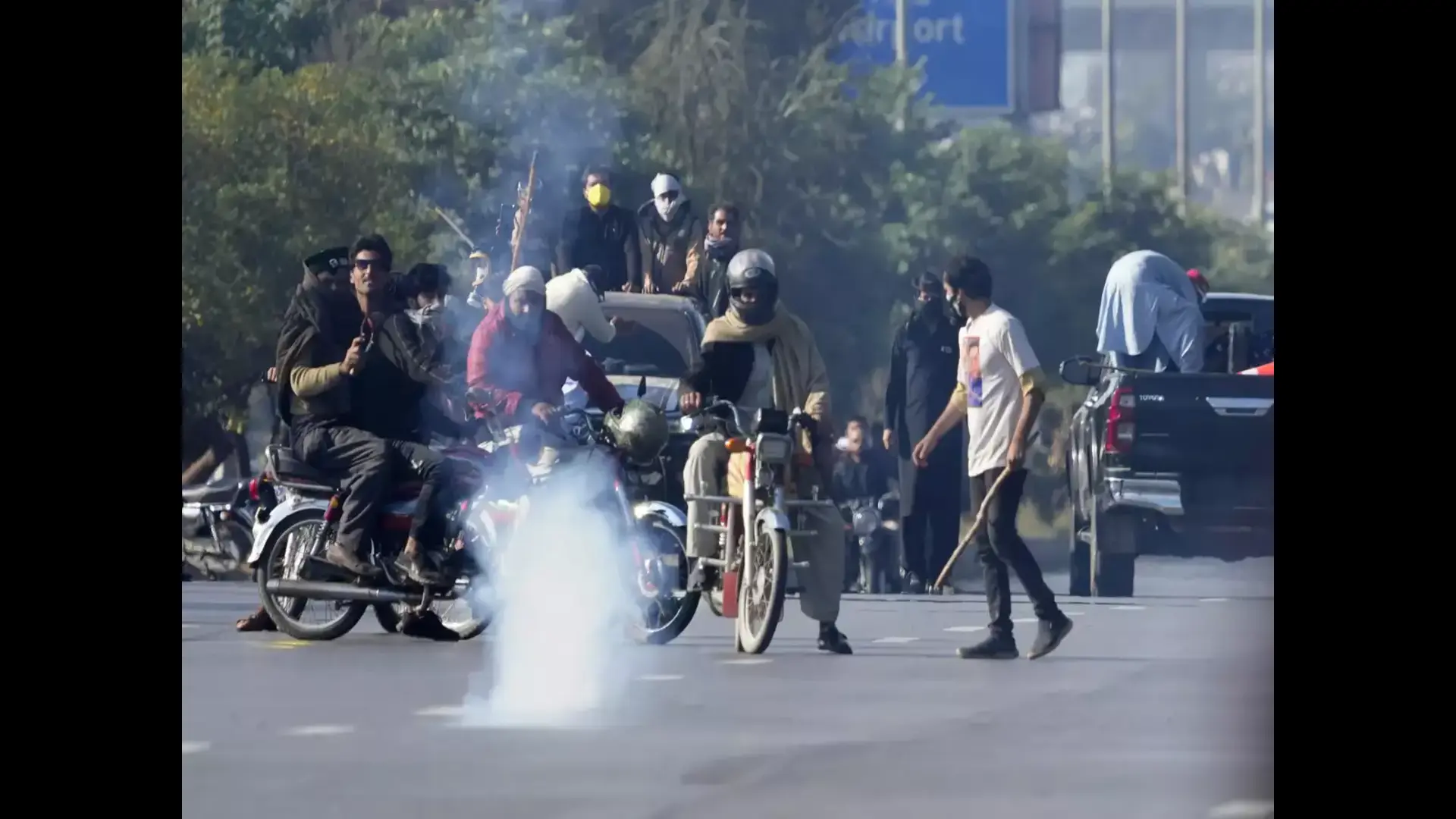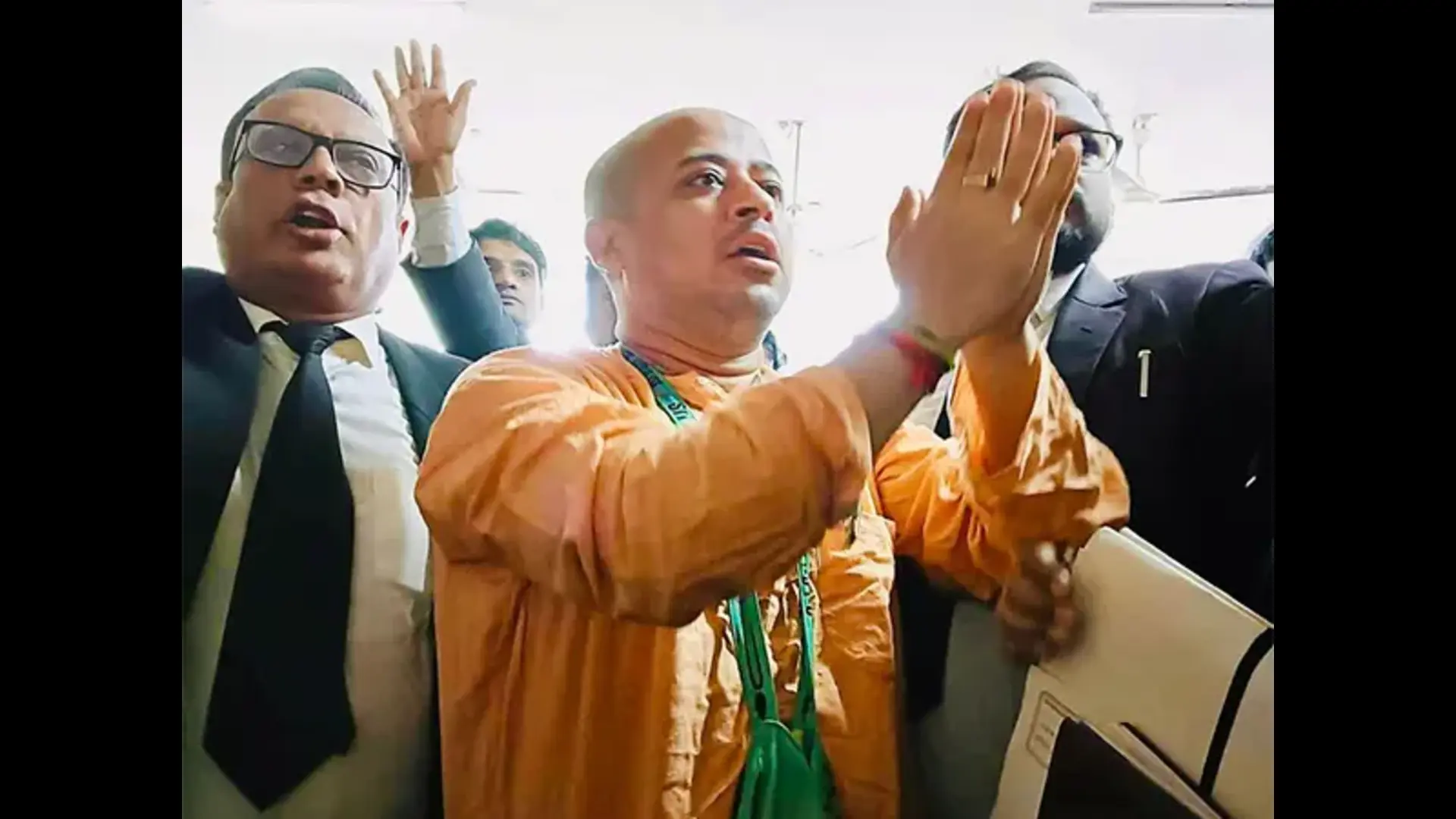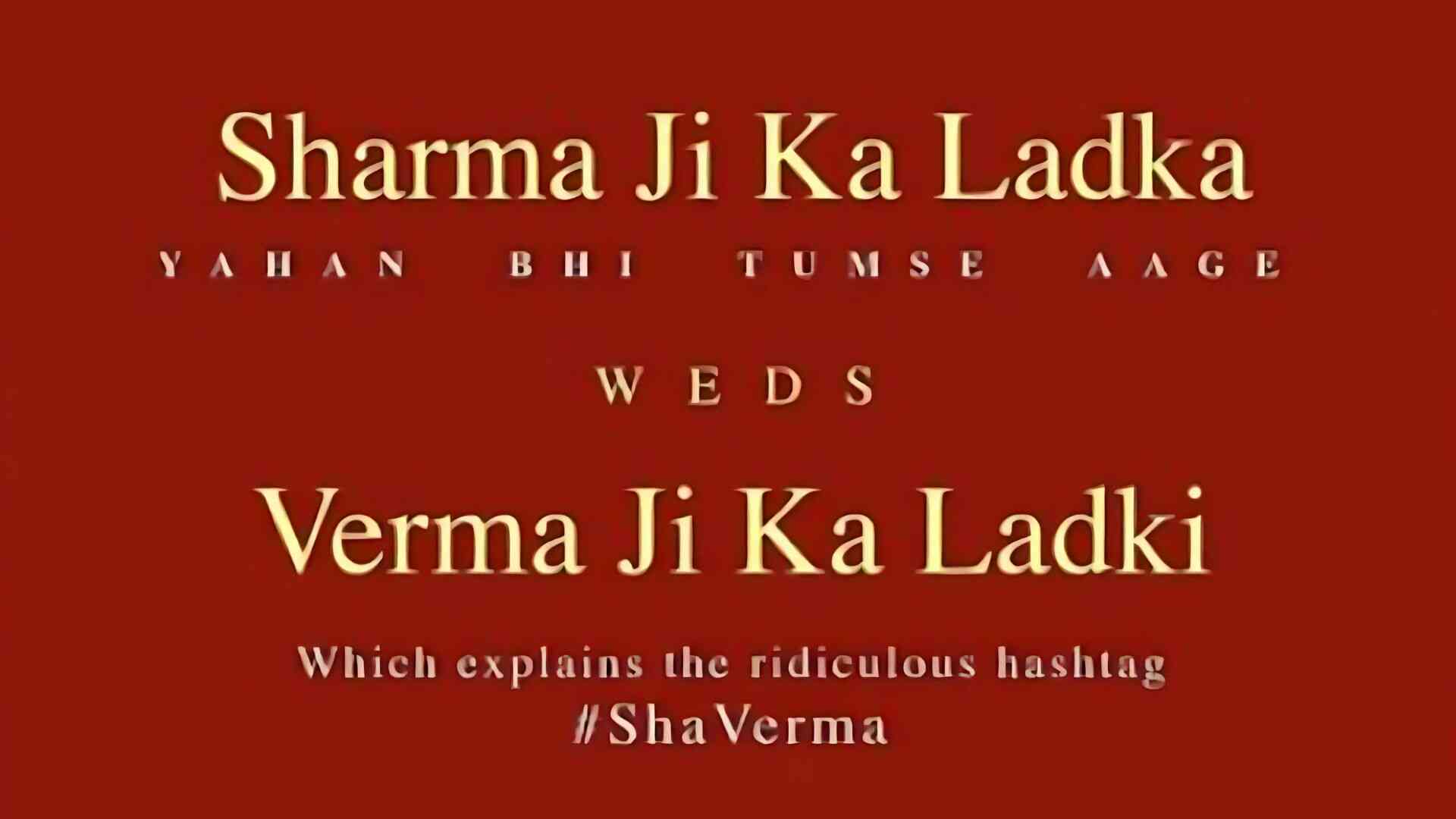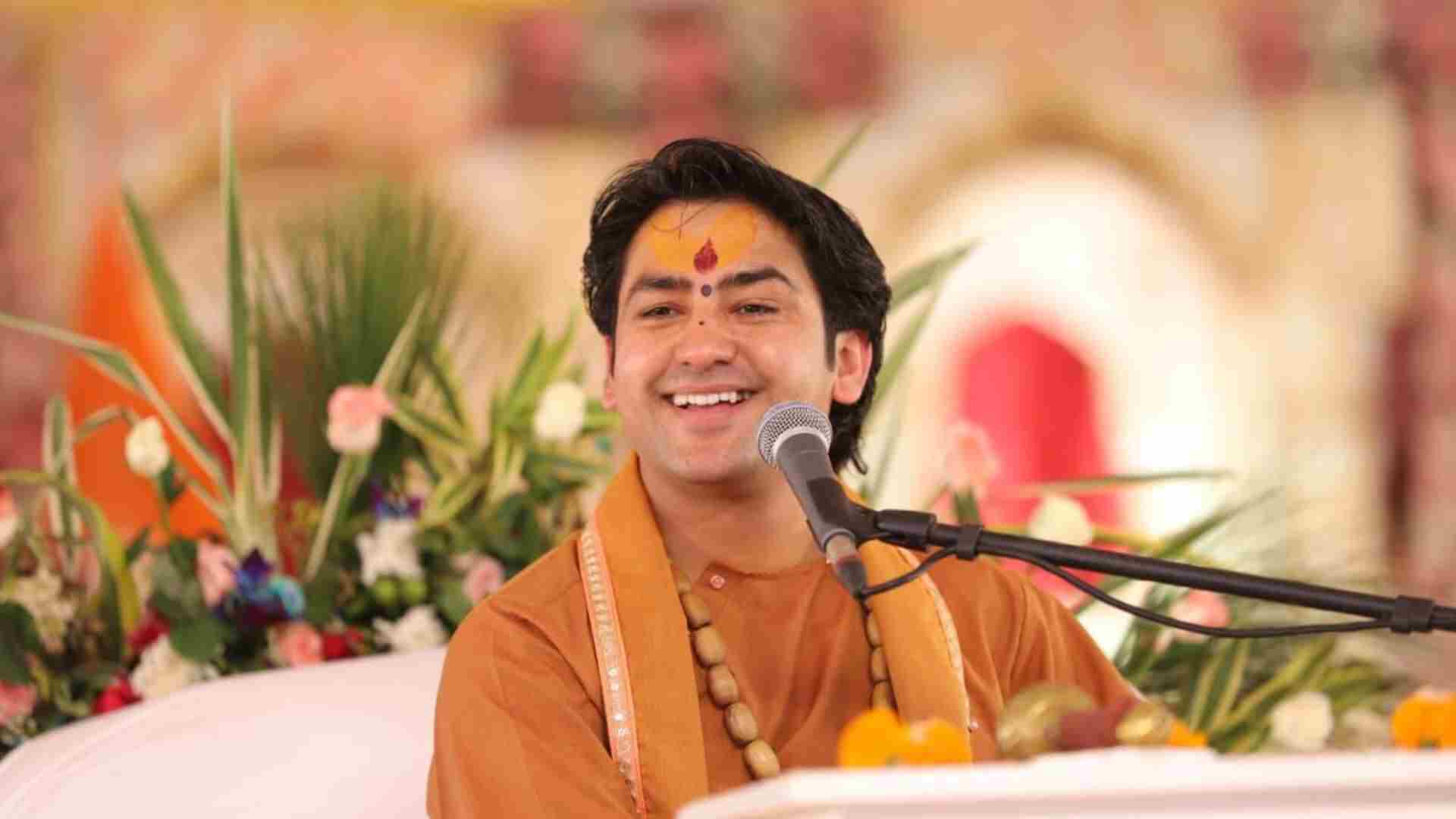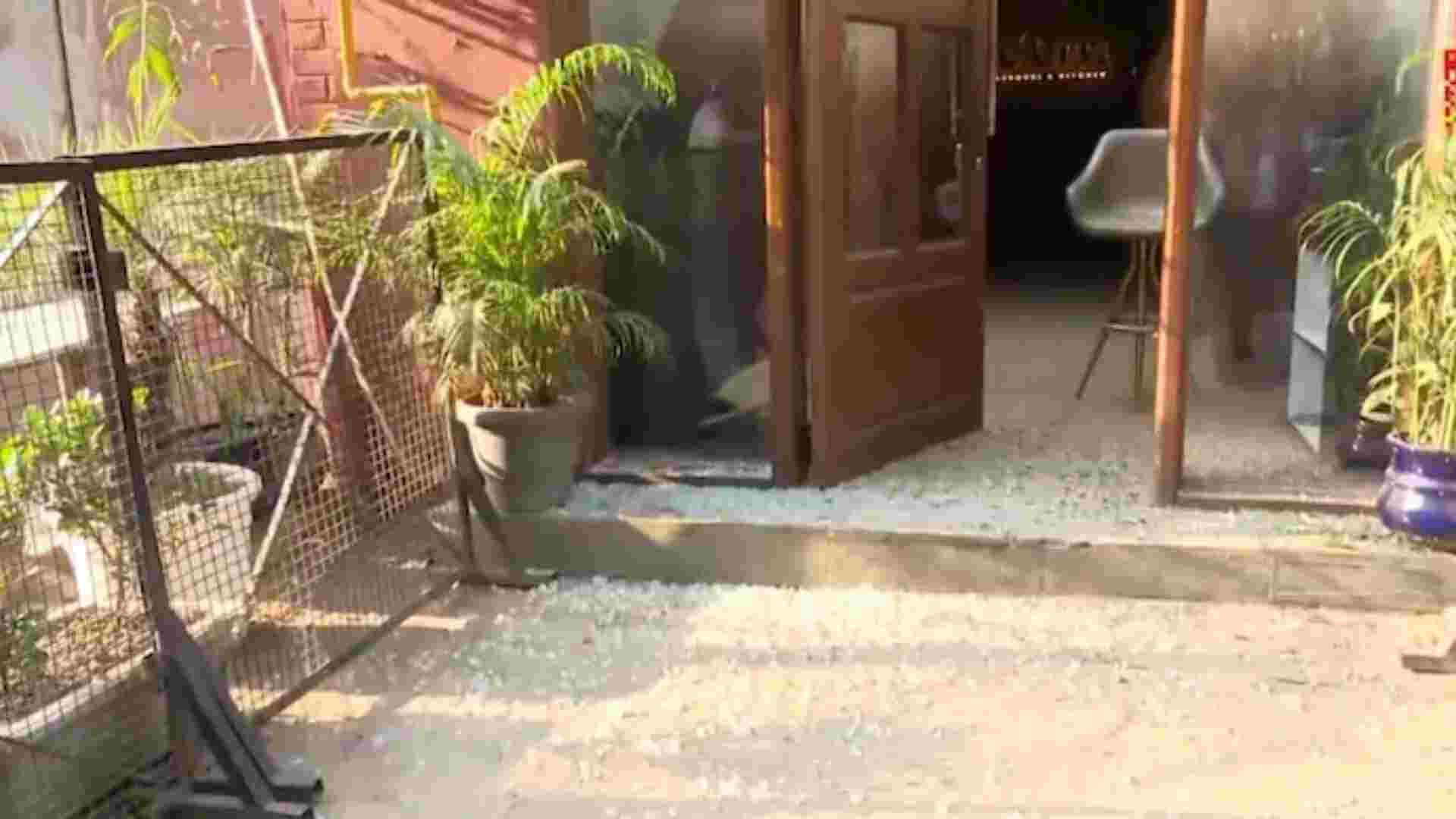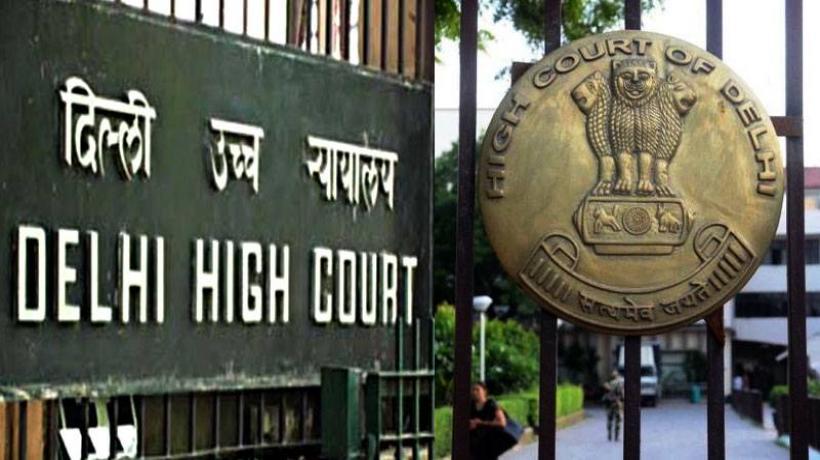
The Delhi High Court in the case Ayur United Care LLP v. Union Of India And Anr. and other connected matters observed and has ruled wherein the writ plea is moved challenging the orders passed by the Intellectual Property Appellate Board, IIPAB before its abolition in 2021 would have to be heard and decided by a single judge and not a division bench.
The bench headed by Justice C Hari Shankar in the case observed and has stated that the Rule 4 read with Rule 2(i) and 2(l) of the Intellectual Property Division (IPD) Rules, 2021, requires the writ petitions challenging orders passed by the IPAB to be decided by single judges and that there being no such provision in the said Rules requiring such writ petitions to be dealt with by Division Benches.
The court in the case stated that if the Delhi High Court Rules were to apply, then they too would require such writ petitions to be heard by a Single Judge.
The court noted that even if one were to take this exception into consideration and, based on Rule 8(iii), take the DHC rules also into account, writ petitions against orders passed by the IPAB would still have to be heard by Single Judges, as the same falls within the Rule 1(xviii)(a) in Part B of Chapter 3 of the DHC Rules. The court stated that the Tribunal Reforms Act, 2021 abolished various Tribunals which includes the India’s Intellectual Property Appellate Board, IPAB and has assigned their function to the country’s Commercial Courts and High Courts.
Adding to it, the court stated that any hesitation or refusal by the Single Judge to hear the petitions, short of recusal, would amount to abdication of the judicial function vested in him.
The court observed that the recourse to the history of the IPD Rule s, or the evolution of the statute from time to time, or the creation and abolition of the IPAB, as grounds not to exercise the jurisdiction vested, by the IPD Rules and even by the Rules of DHC. Thus, the opinion of the single judge would be completely justified. Further, the court stated that when the statute requires the writ petitions to be heard by a Single Judge, it cannot, by resorting to intricate principles of interpretation, thus, refuse to exercise jurisdiction, or hold that such matters should be listed before the Division Bench.
The court while considering the facts and circumstances of the case stated that these writ petitioners to be heard and is to be decided by the Single Judge, I am obligated, by my oath of office, to do so. It being well settled that the Court which is statutorily obligated to decide a matter cannot refuse to do so, unless, for reasons personal to the concerned Judge, she, or he, deems it appropriate to recuse.
